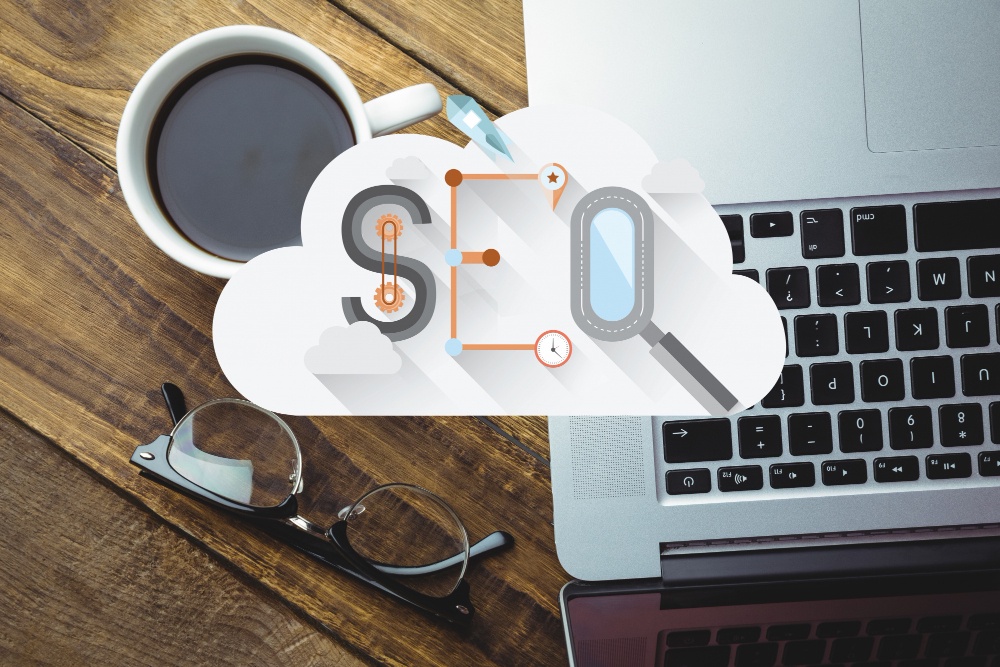Search Engine Optimization (SEO) has been a crucial aspect of digital marketing for many years. Its primary purpose is to help websites rank higher on search engine result pages (SERPs) by optimizing their content and structure. However, with the advent of Artificial Intelligence (AI) and its growing impact on various industries, many experts are wondering if SEO will eventually be replaced by AI. In this article, we will explore this topic from diverse perspectives and try to answer this question.
First, let's understand the basics of SEO and AI. SEO is a set of techniques used to improve the visibility of a website on search engines such as Google, Bing, and Yahoo. It includes various tactics such as keyword research, on-page optimization, link building, and content marketing. On the other hand, AI is the ability of machines to perform tasks that typically require human intelligence. In the context of digital marketing, AI can be used to analyze data, predict trends, and optimize campaigns.
Now, let's explore the arguments for and against the idea that AI will replace SEO.
Proponents of the idea believe that AI will be able to take over many of the tasks that are currently performed by SEO professionals. For example, AI algorithms can analyze vast amounts of data and detect patterns and trends that are difficult for humans to identify. AI can also automate tasks such as keyword research, content optimization, and link building, which can save time and resources for businesses. In addition, AI can provide more accurate and relevant search results for users, which can improve the user experience.
Opponents of the idea argue that AI cannot replace SEO entirely. While AI can automate some tasks, it cannot replace the creativity, intuition, and expertise of SEO professionals. For example, AI algorithms cannot understand the nuances of language and culture, which are essential for creating content that resonates with specific audiences. In addition, AI algorithms are based on past data and trends, which means they may not be able to predict changes in user behavior or search algorithms. Finally, SEO involves human interaction and collaboration, which are crucial for building relationships and trust with customers.
Overall, it seems unlikely that AI will replace SEO entirely. While AI can automate some tasks and provide insights and recommendations, it cannot replace the human touch and creativity that are essential for successful digital marketing. SEO professionals will still play a crucial role in developing strategies, creating content, and building relationships with customers. However, SEO professionals will need to adapt to the changing landscape and learn how to work with AI tools and technologies.
In fact, many experts believe that the integration of AI with SEO can lead to even more effective digital marketing strategies. For example, AI-powered tools can help SEO professionals analyze user behavior and preferences in real time, allowing them to adjust their strategies quickly and effectively. Additionally, AI algorithms can help SEO professionals identify emerging trends and opportunities that they may have otherwise missed.
One area where AI is already having a significant impact on SEO is in the realm of voice search. As more and more people use voice assistants like Amazon Alexa and Google Assistant to search for information online, SEO professionals need to optimize their content for natural language queries. AI-powered tools can help SEO professionals identify the most common voice search queries and optimize their content accordingly.
Another area where AI is likely to have a significant impact on SEO is in the realm of content creation. While AI algorithms cannot replace human creativity, they can help SEO professionals identify the topics, formats, and styles that are most likely to resonate with their target audiences. AI-powered content analysis tools can help SEO professionals understand which types of content perform best on social media, which headlines are most likely to generate clicks, and which topics are most likely to generate backlinks.
Finally, it's worth noting that AI is not a one-size-fits-all solution for SEO. Different businesses have different needs and goals, and SEO professionals need to be able to tailor their strategies to meet these unique requirements. While AI can provide valuable insights and recommendations, it's ultimately up to SEO professionals to use their expertise and creativity to develop strategies that deliver results.
In conclusion, while AI will undoubtedly impact the field of digital marketing, it is unlikely to replace SEO entirely. SEO professionals will still play a crucial role in helping businesses rank higher on search engines and attract customers. However, they will need to adapt to the changing landscape and learn how to work with AI tools and technologies. As AI continues to evolve and improve, it will undoubtedly play an increasingly important role in digital marketing.
while AI is unlikely to replace SEO entirely, it is already having a significant impact on the field of digital marketing. SEO professionals who are willing to adapt to the changing landscape and embrace new technologies are likely to be the most successful in the years to come. As AI continues to evolve and improve, it will undoubtedly become an increasingly significant tool for SEO professionals who want to stay ahead of the competition and deliver results for their clients.


No comments yet